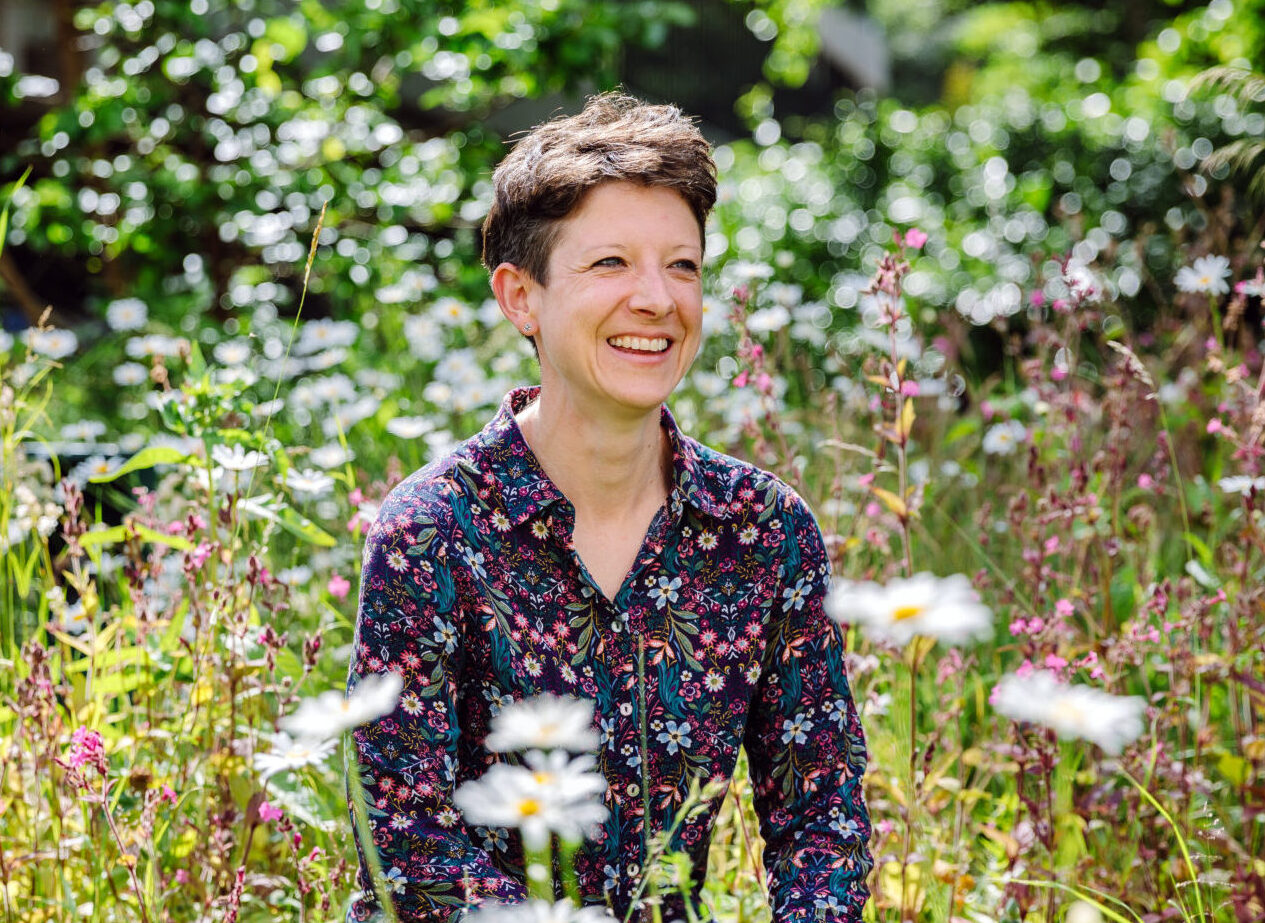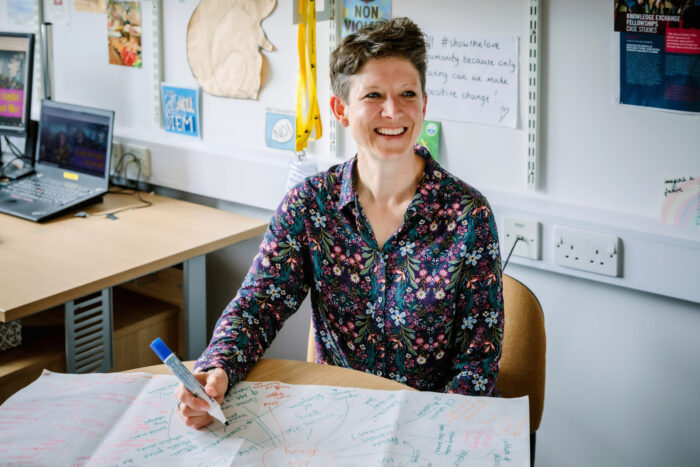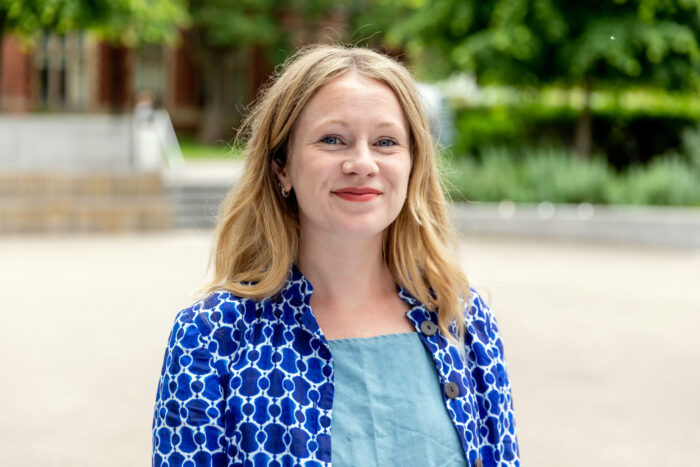Jen Dyer - Co-production Research Toolkit Case Study

Associate Professor Jen Dyer works as part of the Sustainability Research Institute (SRI) within the School of Earth and Environment. Jen uses her first-hand experience of applying co-production research practices to focus on the opportunities creative qualitative methodologies offer and the traditional research barriers they break down.
Understanding the need for a participatory approach
Jen began using creative research methods during her PhD. ‘It happened almost by accident.’ Jen smiles. ‘I was working in Malawi with small-scale farmers, so I needed rich contextual detail to better understand the people and the environment. I decided to look at combining different methods to gather data and get a much rounder picture of what was happening to clarify my research.’
You need to recognise some things just don’t work and, at times, it might feel quite messy
Jen started to use community maps, transect walks, seasonal calendars and drawings, and soon realised these methods helped build rapport. ‘Joining people in their environment, asking ‘can you walk with me through your farm and tell me about it?’, instantly put them at ease and in a position to share their knowledge openly.’ she says. ‘A co-production approach really felt like the natural thing to do.’
Applying co-production methods within different organisations
Since her time in Malawi, Jen’s research direction has changed quite dramatically. ‘I wanted to feel more legitimate in the context of my research, and had the opportunity to work closer to home exploring social inclusion through the lens of Mixed Ability Sports.’ she explains. ‘Yet I took my participatory and creative research methods with me to the new context. It’s really good fun as a researcher to approach from a co-productive perspective. I get involved playing the sports so I can experience the same things as the participants and engage with them in that context.’

‘I feel this co-production research methodology is hugely important,’ Jen says. ‘It can be made accessible to everyone and allows different people to provide input in varied ways that amplifies multiple voices. It also means I can work closely with organisations to find out what’s relevant for them so the research is more useful and accessible.’
Supporting creative methods in a PhD setting
As part of teaching on the suite of Sustainability Masters offered by SRI, Jen worked alongside PhD Researcher and LSSI Postdoctoral Research Fellow Ruth Smith to organise a workshop for PhD students about how to design creative methodologies and promote their use with early-career researchers.
‘Ruth’s development network was looking for someone to explore these methods, so I adapted what I had to the context of research interaction.’ Jen explains. ‘One thing I always find works well with teaching– as it does in co-production research as a whole – is creating a community map. Workshop participants are given a deliberately vague brief to draw their ‘home’. The results are phenomenal, with really clear, strong links to cultural identity. And it shows how the process is often just as important as the output with creative methods. Listening to someone and discussing their thoughts help us to build on and have a deeper understanding of what we’re learning about them.’
Choosing qualitative over than quantitative methods
Jen recognises there are some challenges to her choice of research practices. ‘Creative methods can take longer than traditional approaches,’ she says. ‘They work best if they are carried out over time so you get a smaller sample size, making it harder to make generalised findings and statistics don’t tend to be relevant! Yet I think that’s often quite appropriate to the research environment. If you’re using these methods, you’re typically seeking the rich contextual knowledge co-production provides.’
‘You also need to think on your feet with creative participation,’ Jen adds. ‘There’s no standardised approach, so you need to recognise some things just don’t work and, at times, it might feel quite messy. But that’s OK. It’s all about learning and developing, trying new things and asking yourself – and the participants – different questions. I step back and revisit methods constantly in every stage of the research to adapt as I go. You need to be comfortable with chaos!’
Breaking down barriers through participatory research
‘There’s a power dynamic in research: it’s there even if you don’t want it to be,’ Jen admits. ‘But co-production helps to break that down. If I become a teammate as I do in Mixed Ability Sports, or a curious farm visitor like I did in Malawi, it helps create relationships where people are far more likely to share. You can also validate your research as you progress with qualitative methods. Summarising your takeaways and repeating them back to participants in a creative space empowers them in a way that short surveys, for example, cannot do.’
‘For me, these creative methods of co-production are friendly and less formal than traditional approaches,’ Jen concludes. ‘Participatory research dismantles the concept of interviewer and interviewee, bringing forth unexpected outcomes that are critical to our thinking – and our understanding.’

Ruth Smith
